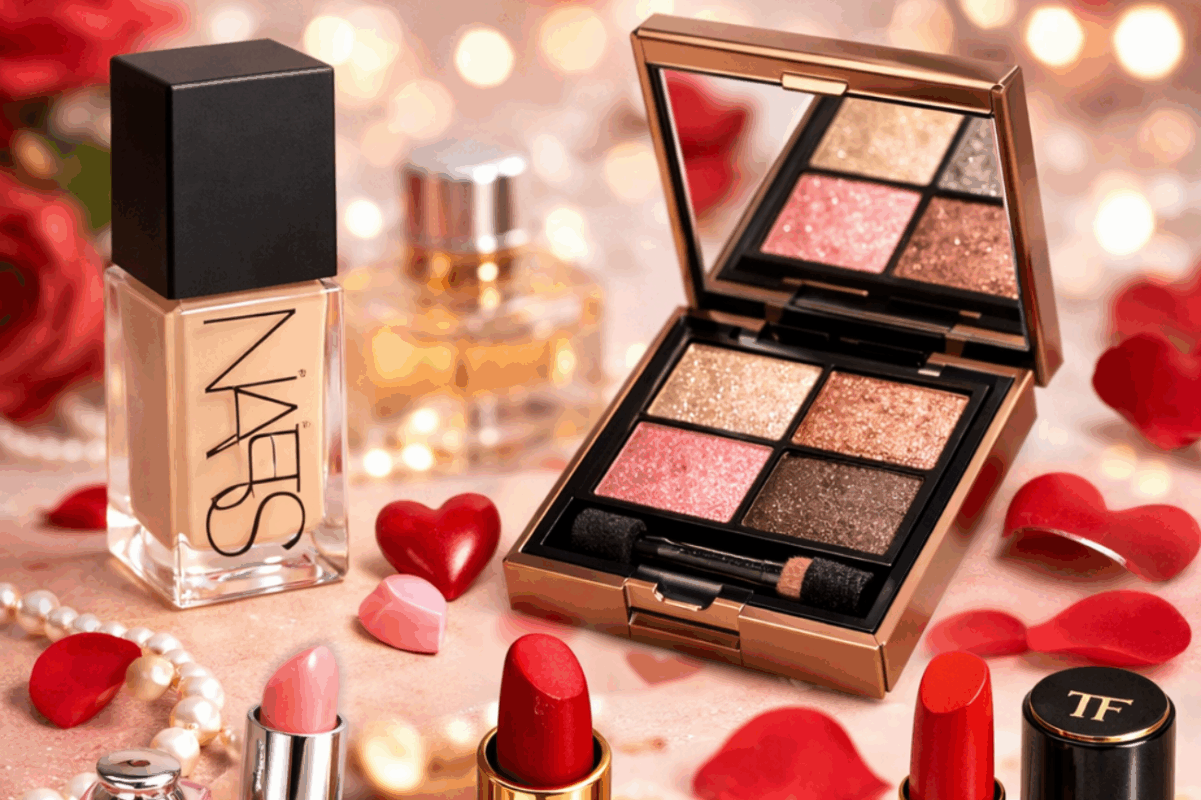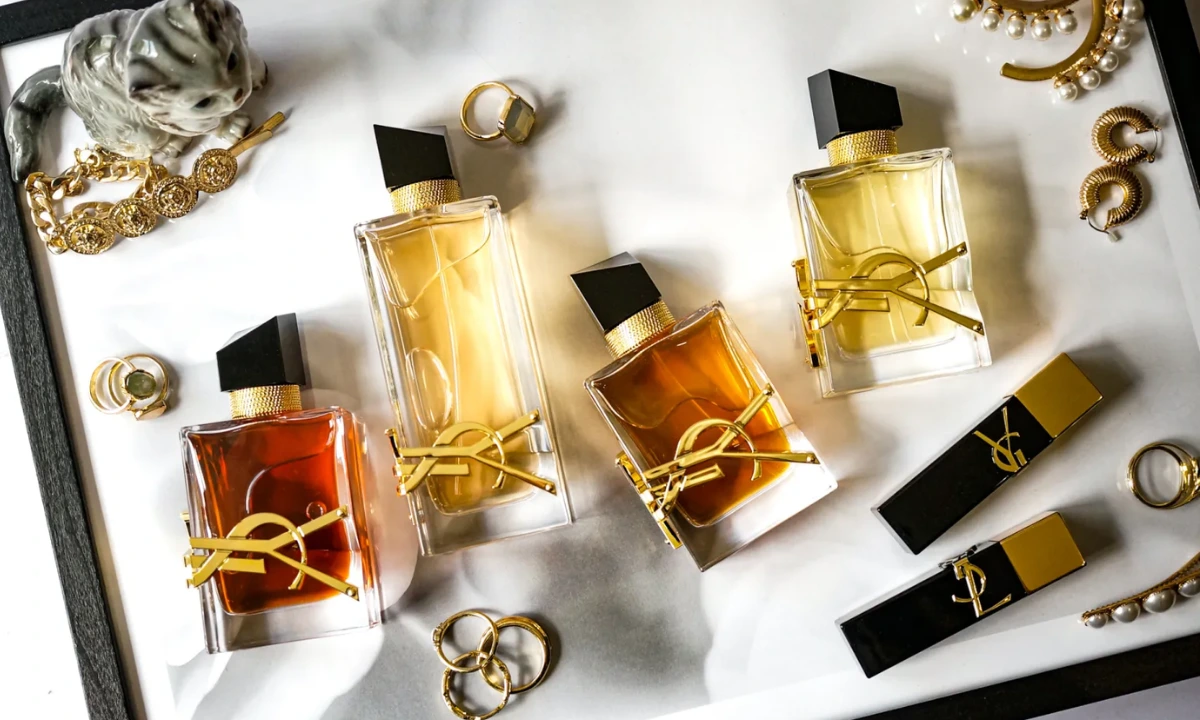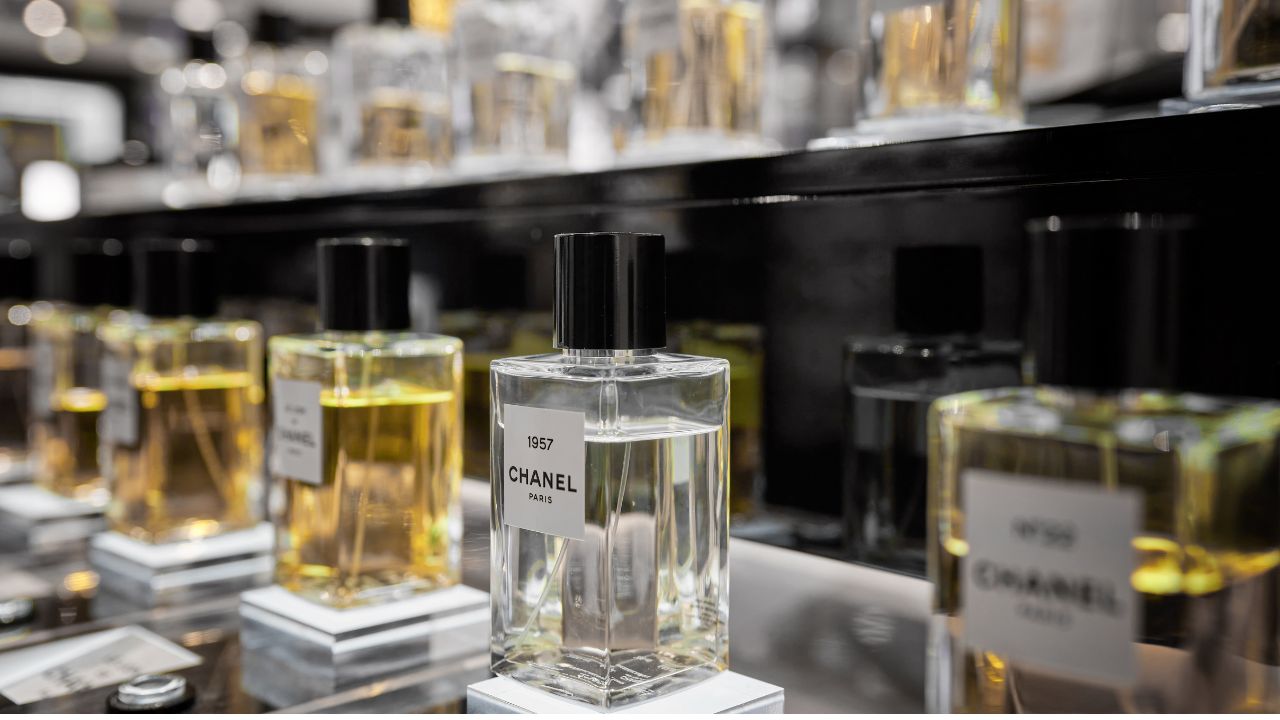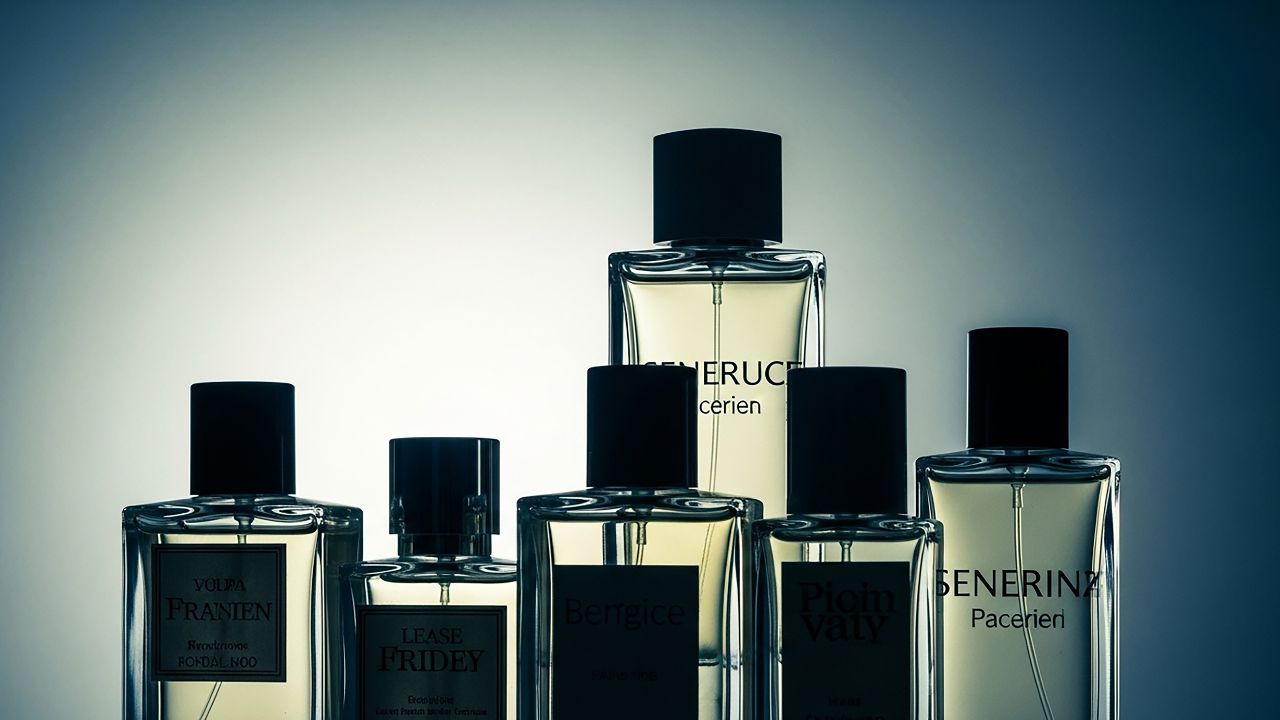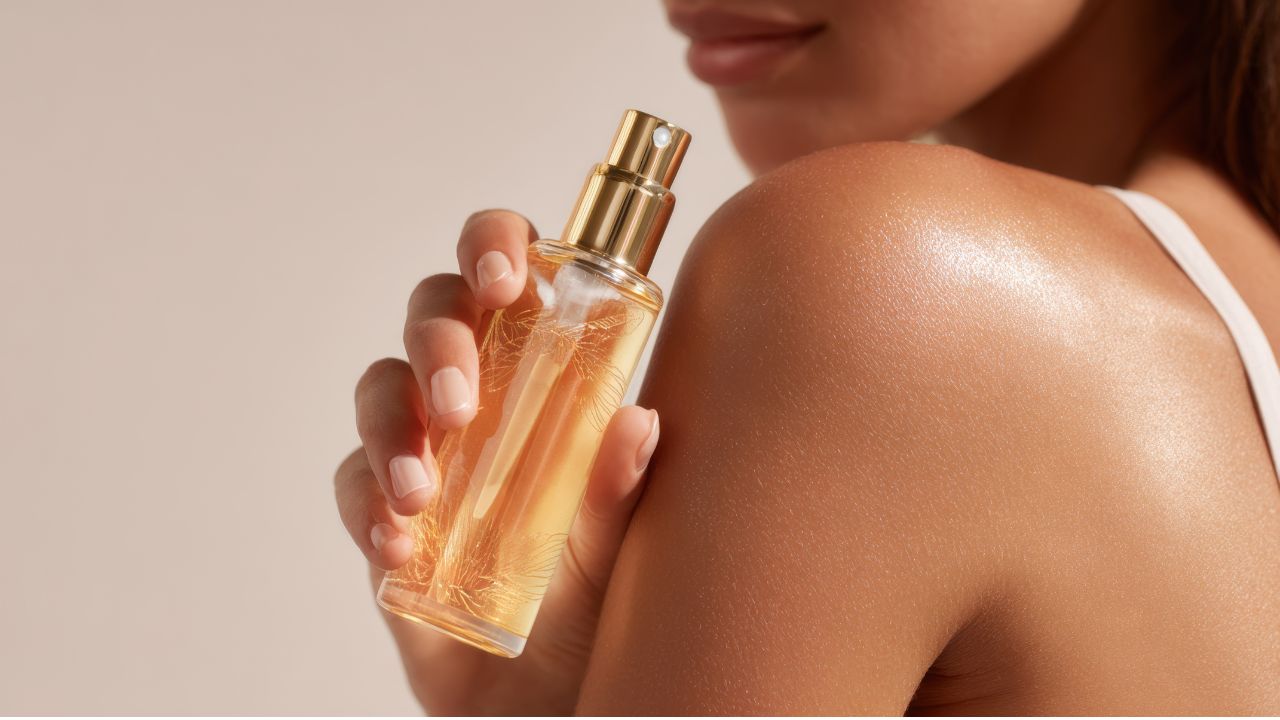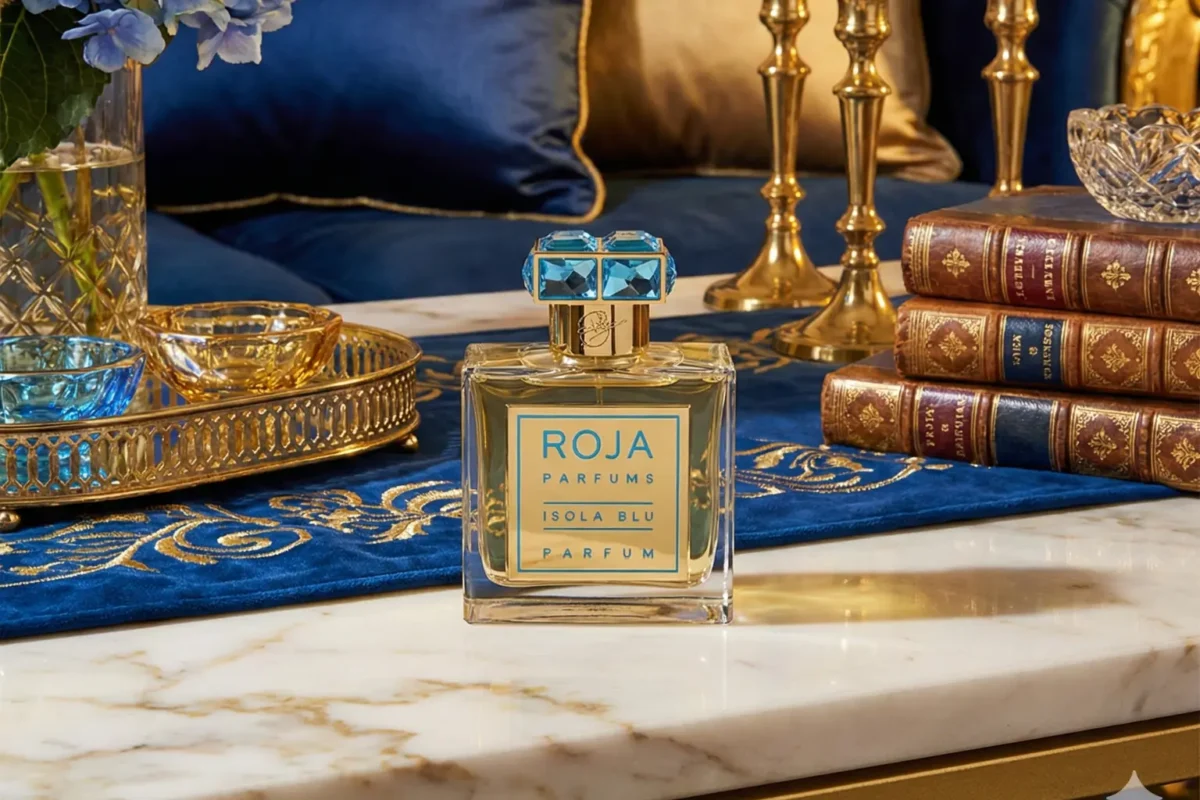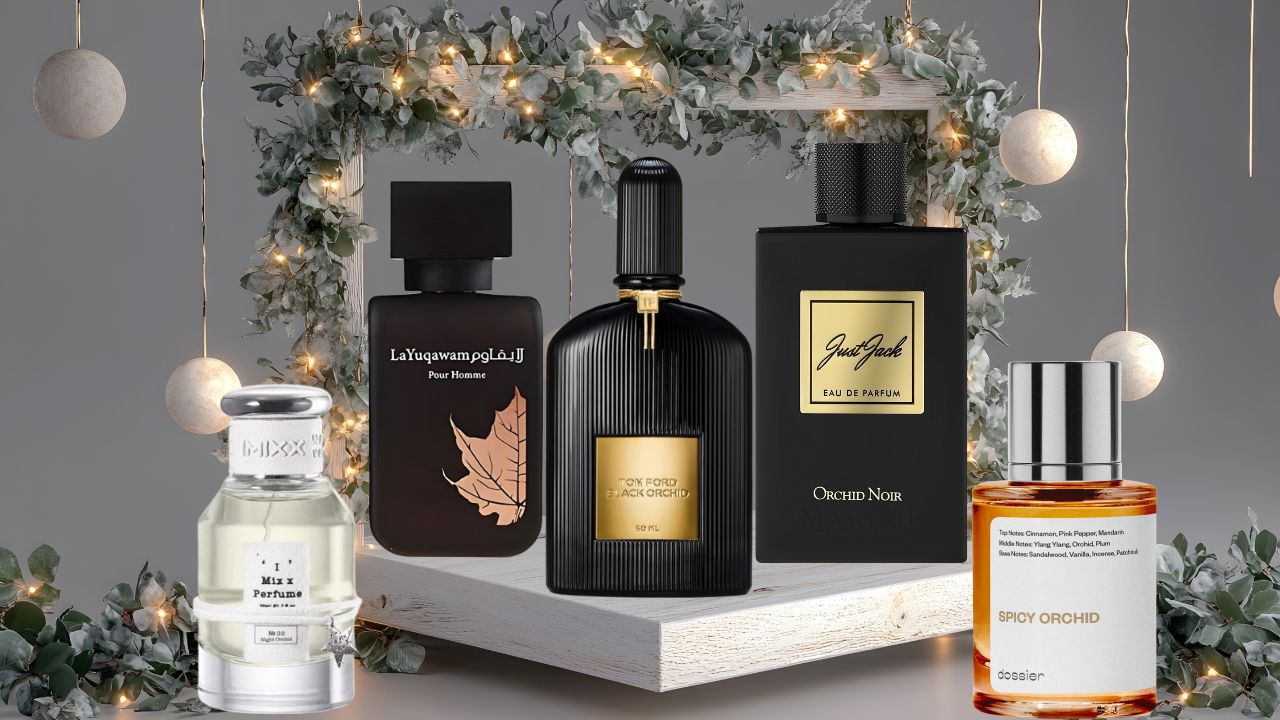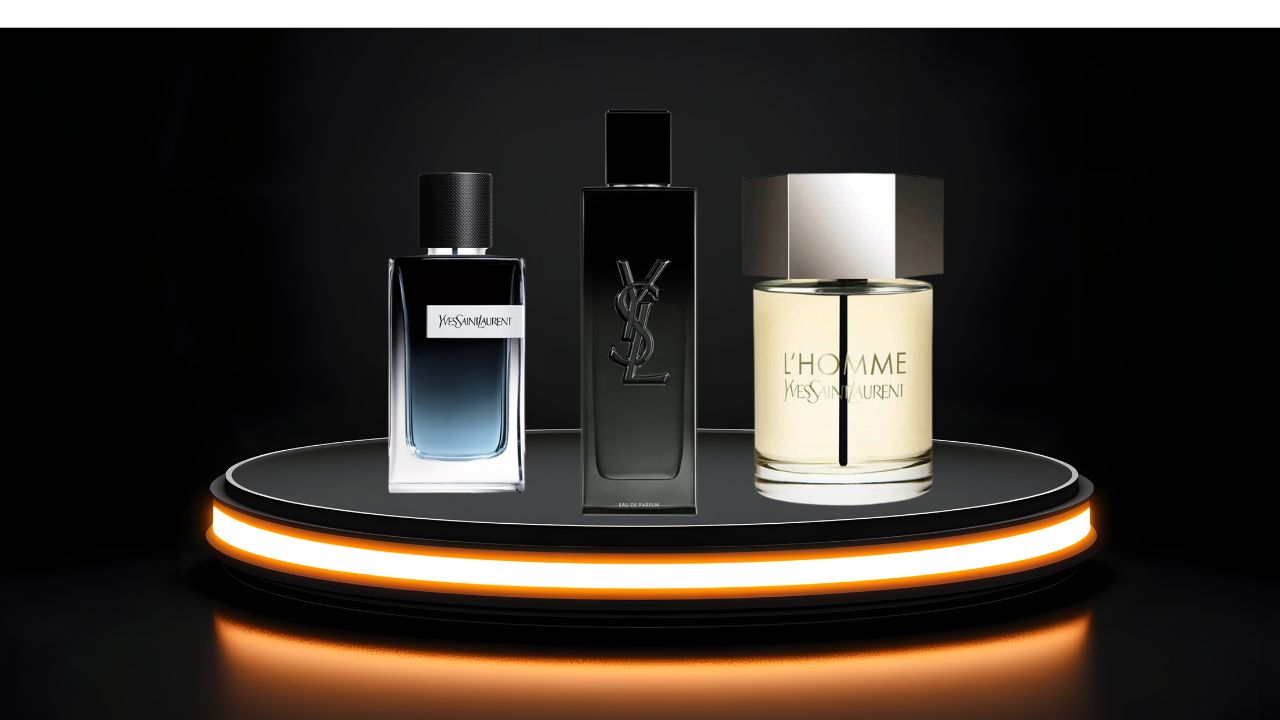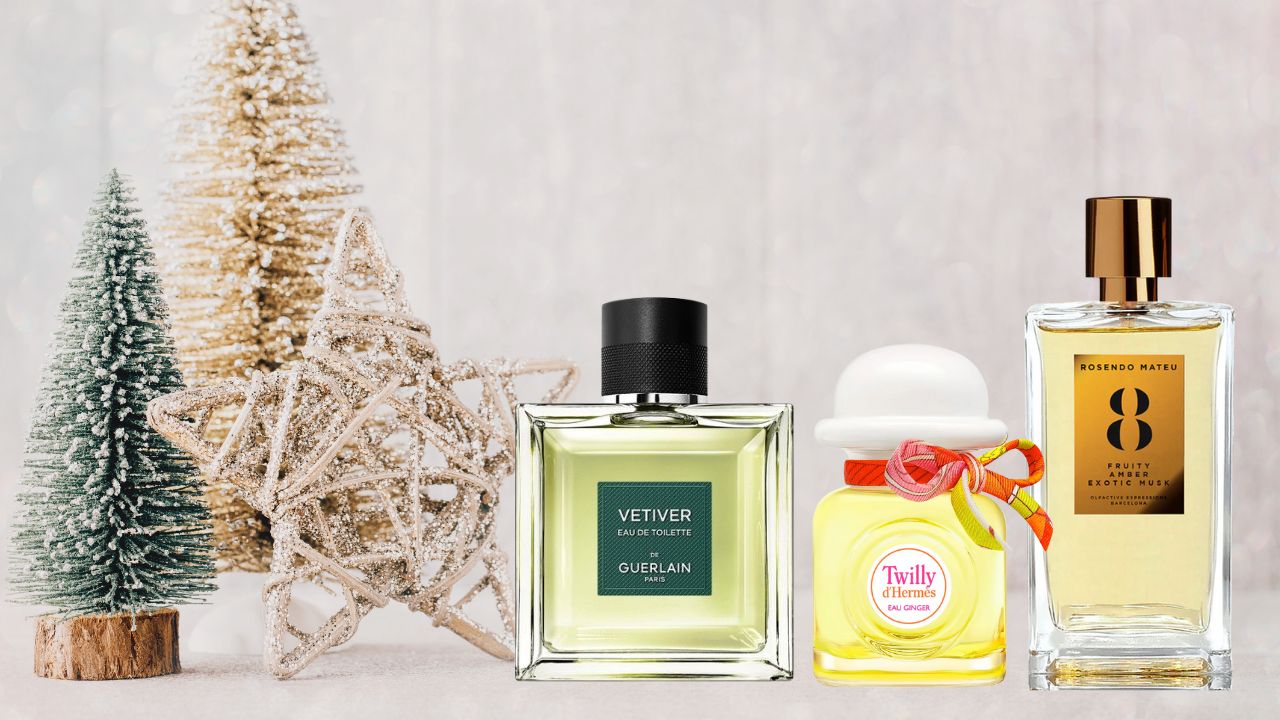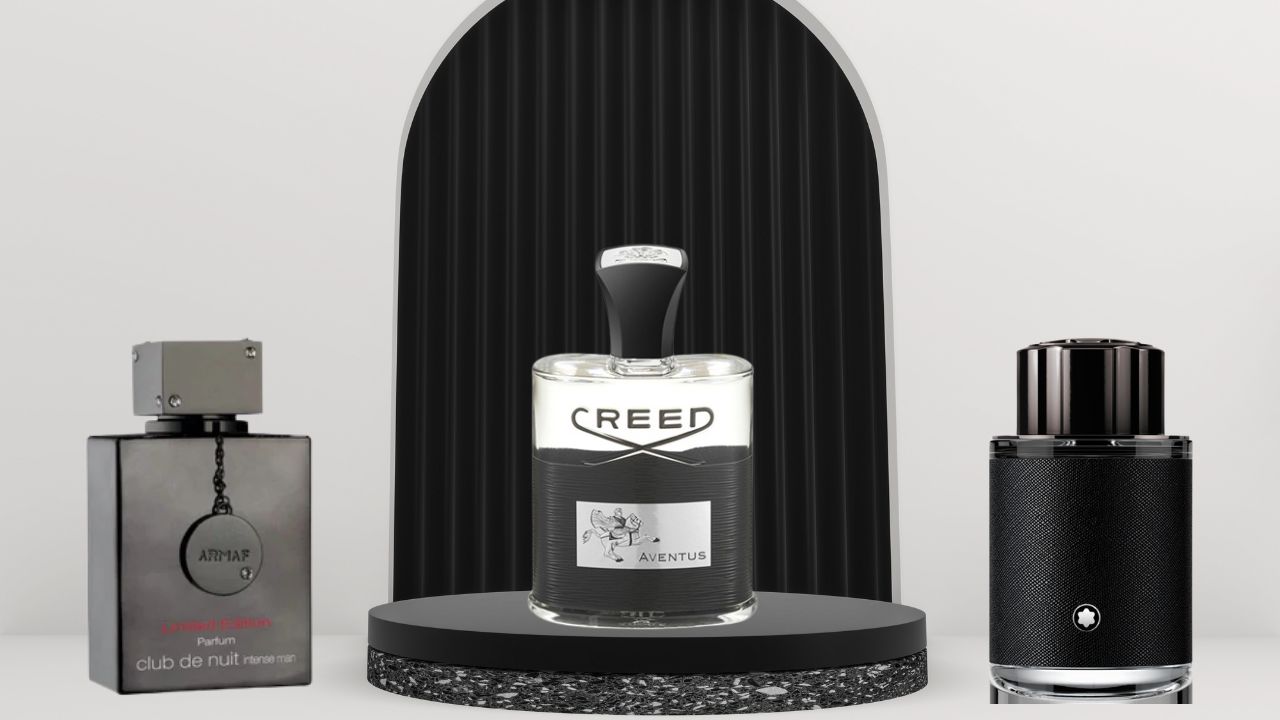Home / Perfume Stories / Is Perfume Halal or Haram?
Categories
Recent Posts
- Valentine’s Day Makeup Ideas: Get Ready for Your Dream Date Night
- Best YSL Perfumes for Women in 2026: Icons & Niche Alternatives
- How to Buy Authentic Niche Perfume at the Best Price
- How to Buy Authentic Niche Perfume: A Complete Guide
- The Science and Seduction of Pheromone Perfume: What You Need to Know
Is Perfume Halal or Haram?
Perfumes are universally beloved for their aesthetic and utilitarian value. However, if you are a follower of the Islamic faith, you may be unsure whether you are permitted to use fragrance. We are here to clear up your doubts.Before we dive into the question of whether perfumes are halal or haram, let us understand these terms first. While halal refers to anything that is permissible in Islam, haram is used to label unlawful items and practices as deemed by the religion.
Are perfumes permitted in the Islamic faith?
Fragrances and cosmetics have long been considered staples in the Islamic community because the religion places importance on grooming and cleanliness. The Prophet reiterated that purification is a valuable religious practice. In fact, wearing perfume is a Sunnah of the Prophet. Thus, perfumes are not barred for Muslims. However, there are certain things that one should take into consideration in this regard.Pure perfume oils or attars are unconditionally lawful in Islam. The primary reason why modern-day designer and niche perfumes present such a dilemma is that they tend to boast a combination of scented oils and alcohol carriers. The concentration of the fragrance determines the alcohol content, which can vary between 20-80%. Since the consumption of alcohol is considered haram in Islam, usage of such perfumes fall in a grey area.Here’s the good news. Various scholars have reiterated that the alcohol used in perfumes is considered “pure” because it is created artificially in a lab with the help of chemical distillation process. Drinking alcohol usually undergoes a natural fermentation process that makes it fit for consumption.Perfumers alcohol contains denatured ethanol, isopropyl myristate and monopropylene glycol. The composition facilitates fast absorption of the concentrated fragrance oil and evaporation of the alcohol. Thus, perfumers’ alcohol cannot be consumed for intoxication, orally, topically, or otherwise. Its only purpose is to improve the performance of commercial fragrances. Hence, perfumes are considered halal. Hand sanitizers and rubbing alcohol are also allowed since they serve a medical purpose. Some scholars maintain that if alternatives are available, it is better to avoid perfumes with higher alcohol concentration than 10-20%. Fragrance oils and perfumes with less than 5% alcohol content can always be used without any cause for concern.
Related posts
Comments


